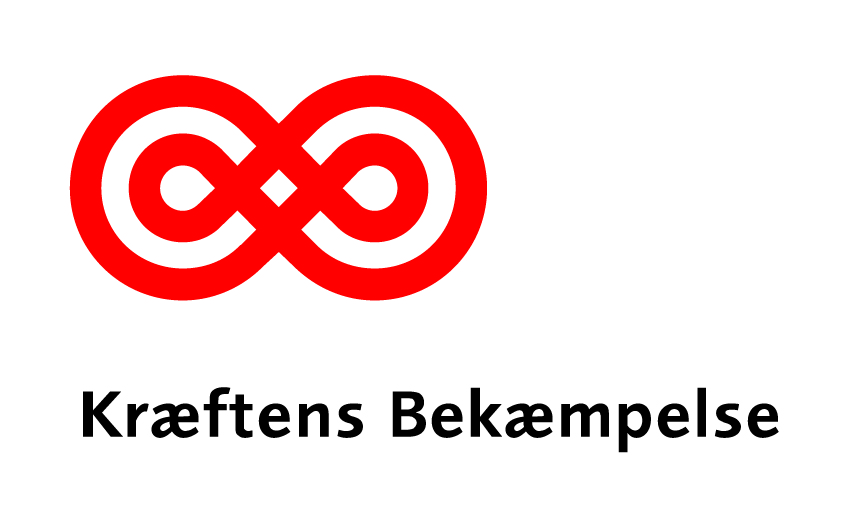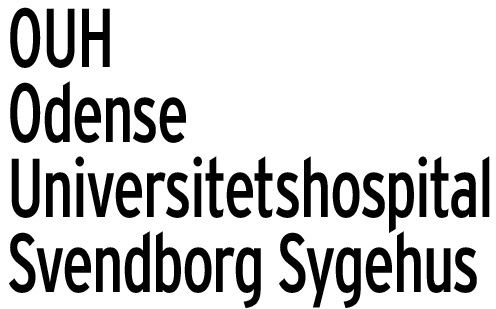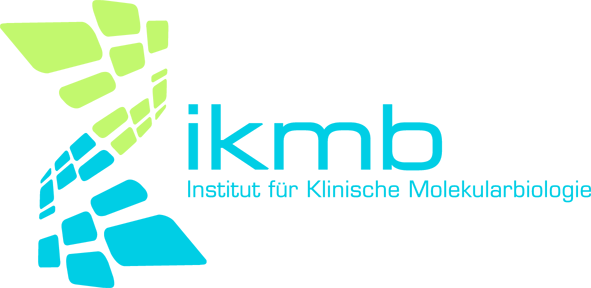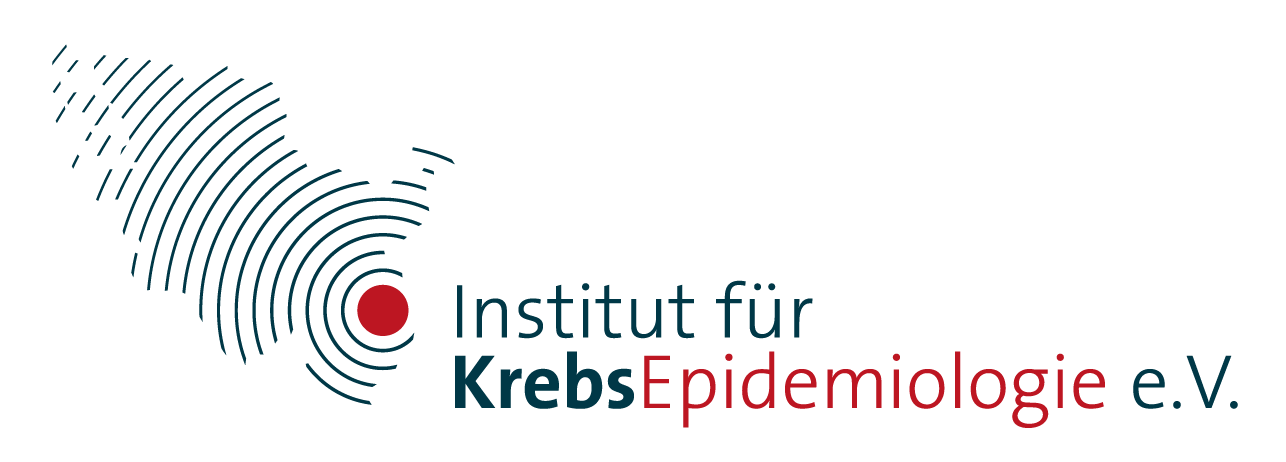More and more people get cancer. Some of the reasons are that people live longer and more and more live with cancer as a chronic disease. This has consequenses not only for the quality of the treatment for each cancer patient, but also for relatives and the society. The increasing number of cancer patients is putting pressure on the health sector both in terms of quality of treatment, number of treated patients, the presence of highly qualified staff and the treatment costs. To accomodate the major challenges posed by this development, new treatment methods and products are needed.
About CHANGING CANCER CARE
Background and goals
Facts
- Goal: To develop more effective methods for cancer treatment.
- Budget: 4,1 million euro.
- Project management: Zealand University Hospital (SUH), Clinical Oncological Department and Palliative Units.
- Project partners: 11 Project partners and 4 Network partners
- Time frame: January 2019 – May 30th 2022
- Supported by: EU Interreg Germany-Denmark
Research and development
The research project Changing Cancer Care has four main goals, all of them aiming to change cancer diagnostics and care to accomodate the major challenges that cancer treatment is facing. The project focuses in particular on the importance of patient involvement in cancer treatment.
Danish-German collaboration
Changing Cancer Care is a European Interreg project. The goal of Interreg is to promote collaboration across borders within the European Union. This is a central element in Changing Cancer Care and with the collaborating project partners coming from both Denmark and Germany, it will result in useful improvements for the healthcare system in both countries. By recruiting patients from both sides of the Danish-German border for quality development, technology research and cancer research in general, the patient pool will be much larger compared to only working on one side of the border. This means that new solutions can be tested more quickly and more effectively.
Project Partners
















